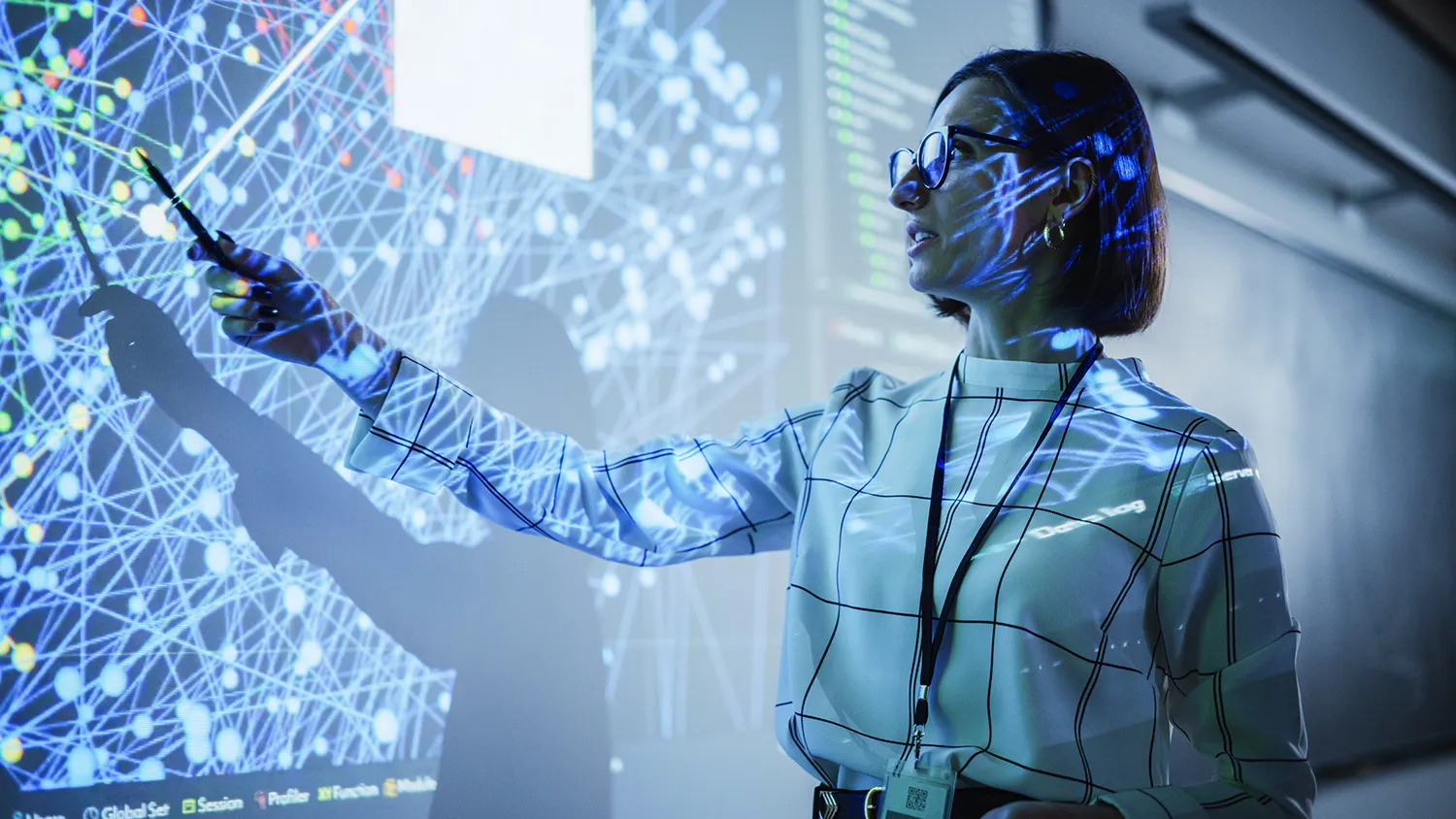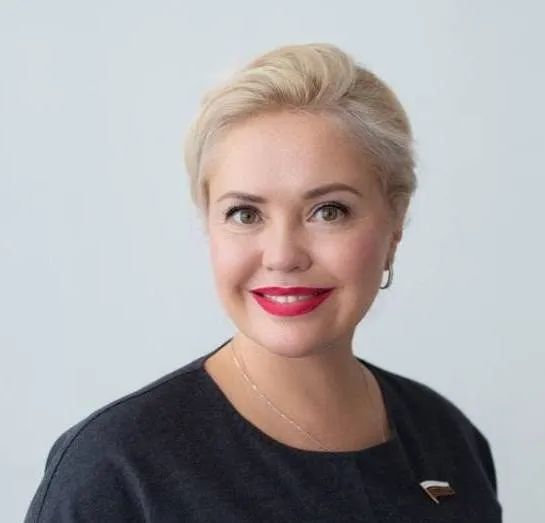AI for Teachers

Mandatory AI training for educators could become a cornerstone of modernizing Russia’s entire education system — from elementary schools to universities.
Speaking the Students' Language
Ekaterina Kharchenko, Deputy Chair of the State Duma Committee on Science and Higher Education, proposed mandatory training for teachers in the use of AI as an educational tool. Her statement signals a strategic shift in Russia’s education system, emphasizing a national priority to adapt in a rapidly evolving technological landscape. The initiative spans all levels of education — from elementary school to higher education — and underscores the need for educators not only to use digital tools, but to understand how AI can become a collaborative partner in the teaching process.
Professional development courses or even specialized certification programs will allow teachers to effectively integrate AI tools into their classrooms — from automated grading and personalized instruction to the creation of interactive learning content.

At the St. Petersburg International Economic Forum, Valeria Kasamara, head of the nationwide student competition 'I Am a Professional,' echoed this view: “Around 42% of Russian students regularly use neural networks for assignments. This poses a challenge for the education system — many instructors disapprove of neural networks, lack experience using them, but can identify AI-generated content. The goal is to upskill educators so they can speak the same language as their students.”
Expanding Horizons
This measure is expected to significantly improve the quality of education for Russian citizens. Teachers who are proficient in AI technologies will be better positioned to foster students' digital literacy, data skills, analytical thinking, and preparedness for life in a digital world.
On a national level, the initiative supports broader modernization efforts. Training a new generation of tech-savvy educators is vital to ensuring Russia’s competitiveness in AI and digital solutions — a priority set by the Russian President. Moreover, Russia’s EdTech innovations are poised for global expansion, with teachers developing their own AI-powered teaching methods and producing educational products that may gain international traction.
Step by Step
A successful transition requires a comprehensive legal and ethical framework. A parliamentary working group has already announced plans to develop a 'nationally oriented' regulatory base that will include technical standards and ethical guidelines for the use of AI in education. Key concerns include data privacy, maintaining genuine learning over automated templates, and ensuring that algorithms operate fairly and transparently.
AI integration in education has been an ongoing discussion, with early implementations already underway. Between 2022 and 2023, several universities piloted chatbot systems and AI-assisted test grading. By 2024, some institutions had launched AI platforms independently or through private incubators. In May 2025, Ekaterina Kharchenko introduced Inventorus, an open platform granting access to scientific and technical knowledge. Her latest initiative — announced in June 2025 — seeks to elevate these experimental models into national policy.

Balancing Innovation and Ethics
Russian schools and universities are poised to begin developing their own AI tools tailored to local needs and cultural contexts. This could accelerate the growth of the domestic EdTech market and bolster Russia’s influence in the global educational landscape.
Still, challenges remain. Over-reliance on algorithms could dilute learning outcomes. Privacy concerns, computational demands, and potential manipulation via biased training data are serious risks. Hence, ethical safeguards, transparency measures, and awareness campaigns for educators and parents are essential — particularly involving verified, regularly updated sources of information.
The proposal to train educators in AI use marks a critical milestone in the digital transformation of Russian education. It promises better instruction, stronger digital culture, and expanded global visibility for Russia’s EdTech ecosystem.










































